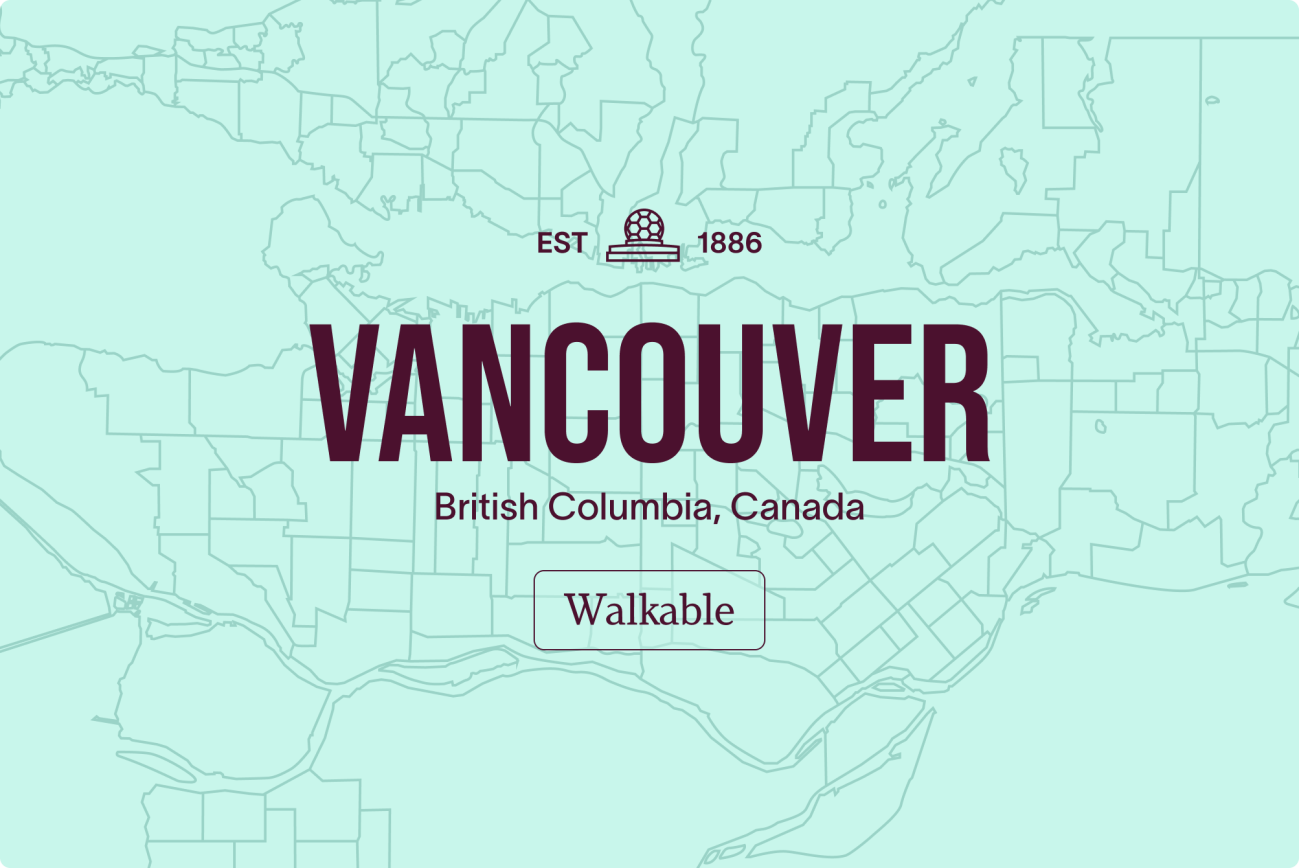A healthy budget is all about balance. Our income goes towards our needs and wants—from paying mortgage, bills and buying groceries, to enjoying lifestyle perks like entertainment or fine dining. But when one expense eats up the bulk of your income, the rest of the budget may become strained, putting additional financial pressure on the home owner. Here’s how to avoid being house poor.
What does house poor mean?
“House poor” can refer to anyone who is using more than 30-50% of their income towards their mortgage, property taxes, and home maintenance. This affects their ability to pay other debts, living expenses, or everyday costs. Someone who is house poor might still be able to afford basic living costs, but might not be able to maintain the lifestyle they’re used to.
Maybe your income once gave you the freedom to travel, go out for dinner, or send your kids to summer camp, but now your home payments mean you have to cut corners. Some people casually refer to this cost cutting as being “house poor” as well.
How do people become house poor?
When homeowners are house poor it can be a result of several different reasons including poor financial planning, job loss, health issues, legal costs, and other factors. Here are some examples of poor financial planning:
- Choosing to buy a home that requires the largest mortgage one qualified for. With rising home prices, this may be tempting, resulting in mortgage and property tax bills that eat up a very large part of your monthly income.
- Rising interest rates: Variable-rate mortgages will be affected soon after the rate increases, while fixed-term mortgages will be affected when it’s time to renew.
- Increasing property taxes.
- Tying up all of your cash into a down payment and not having an emergency fund for unexpected home repairs or if your income drops.
If you lose your job, or your income drops due to illness, you can also see yourself becoming house poor. An unplanned drop in income or a significant rise in any costs can disturb a delicately balanced budget. This is why it’s wise to leave wide margins in your financial planning, with a cushion in case of unplanned events. You can’t plan for all the curveballs life throws at you, but mapping out potential losses and risks can protect you even if hardships come your way.
Debt-to-come ratio (DTI)
If someone’s home is absorbing a disproportionate piece of their income, they likely have a bad debt-to-income ratio (DTI).
During the pre-approval process, lenders who consider giving you a mortgage will calculate your DTI to assess whether your debt and income are in a healthy balance. It’s typically difficult to get a loan with a DTI over 28%. Sometimes a homeowner obtains a loan with a great credit rating and a good DTI, but the loss of a job or mounting debts can disrupt a healthy ratio after the sale has happened.
Front end DTI represents how much of your monthly income your housing costs eat up. To calculate front end DTI: Monthly housing expenses / how much you earn monthly before taxes x 100.
Back end DTI takes a deeper look at debts and monthly loan and credit card payments. To calculate back end DTI: Monthly housing expenses + monthly debts and loan payments / how much you earn monthly before taxes x 100.
These costs can affect your DTI and make you house poor if they change, rise, or aren’t anticipated at all:
- Mortgage insurance premiums
- Insurance interest rates
- Property taxes
- Costly repairs or renovations
- Closing costs, appraisal fees, and attorney’s fees
- Condo or co-op fees
- Inflation or market changes that drive up costs across the board or affect an unfixed mortgage rate
- High utility bills
- Maintenance expenses like gardeners, housekeeping, pool heating, and cleaning
How to avoid being house poor
The best way to make sure you don’t end up house poor is to plan wisely. As a first-time homebuyer, it can be tempting to get caught up in the frenzy of a bidding war or to accept the maximum loan offered to you. But buying a home is like planning a vacation. It’s important to think through your needs and plan a budget ahead of time so you’ll be able to feel confident in your investment.
- Start by getting pre-qualified to understand what you can comfortably afford, and consider the loan offered with your pre-approval carefully. Just because you’re offered a big loan, doesn’t mean you should borrow the maximum. A lender offers a loan based on your DTI, but they don’t know your travel plans, future plans, or discretionary costs.
- Establish a budget and stick to it. If a bidding war starts, you’ll have a firm boundary that you won’t be as tempted to break. If you’re buying a home with others, make sure they’re fully on board with this guardrail too.
- Use online tools to establish true home affordability and use mortgage planning tools so you have a clear sense of what you can afford.
- Consider surprise closing costs including legal, renovation, inspection and appraisal fees. It’s wise to set aside 2-5% of your total loan cost towards closing costs.
- Look for signs that a home has good bones and a solid structure. Some people become house poor because their house has core foundational issues that compromise its integrity and require costly renovations they hadn’t expected, like tear-downs to remove mold or costly repairs to reinforce a sagging roof.
Ask these questions to avoid becoming house poor:
- Will your home need renovations down the line? Are the plumbing, electrical systems, roofing, or home’s foundational structure in need of an update or repairs? How much will these cost, and when will they be needed?
- How will you pay your mortgage in case of layoffs, unexpected illness, or other surprises? What else might you need your savings for? Think about tuition, childcare, travel, and other future variables.
- Will you need to add an extension to the home if you have children?
- How much will maintenance or condo fees be?
- How could factors like neighbourhood changes or future construction affect the value of your home? For example, a new high rise that changes the view of your condo could bring down the value.
- Explore Canadian homebuying incentives to buy wisely and connect with a financial planner to budget wisely.
Is it bad to be house poor?
Being house poor may be better than having your money go to a pricey rental – at least you’re still paying off a mortgage, investing in a resource, and increasing your equity. But even if you’re managing the day-to-day costs in a house-poor scenario, you’re incredibly vulnerable when most of your money goes to one piece of the pie. One surprise expense or a sudden job loss can topple a delicate financial balance. You’re also likely not saving money if it’s all going into your home, so it’s wise to make moves towards a more sustainable long-term balance.
What can I do if I’m house poor?
Start by enlisting the help of a competent financial planner to build a recovery plan. You may want to consolidate existing debts and cut unnecessary subscriptions and costs. In some cases it may be wise to refinance your home, open a low-interest line of credit, minimize unneeded costs or spending, or move into a smaller home that makes more sense for your current budget.
Looking to buy a home you can comfortably afford?
Houseful provides personalized guidance for your real estate journey. If you’re a first-time homebuyer, our dedicated team of experts offer support from initial planning to moving day. Work with top-rated, local real estate agents and gain access to financial insights and advice from RBC Home Advisors.
Let’s find you a home!




